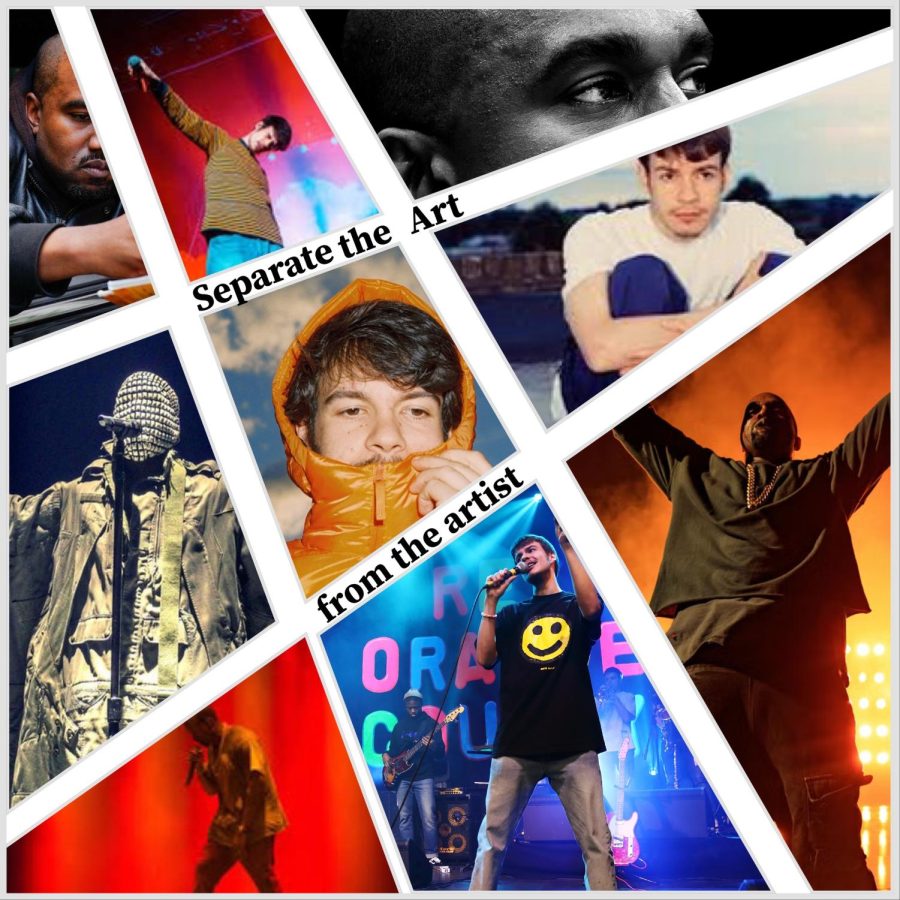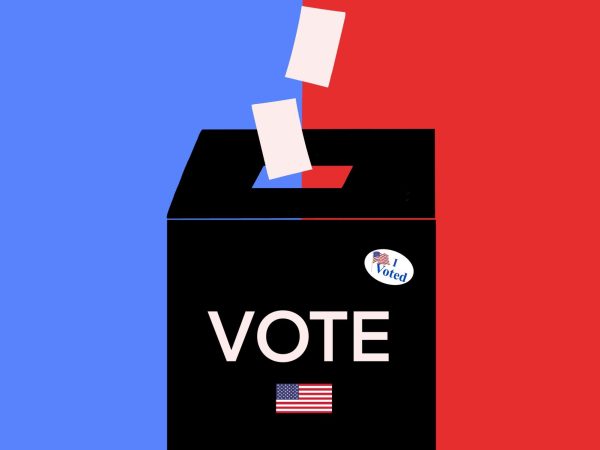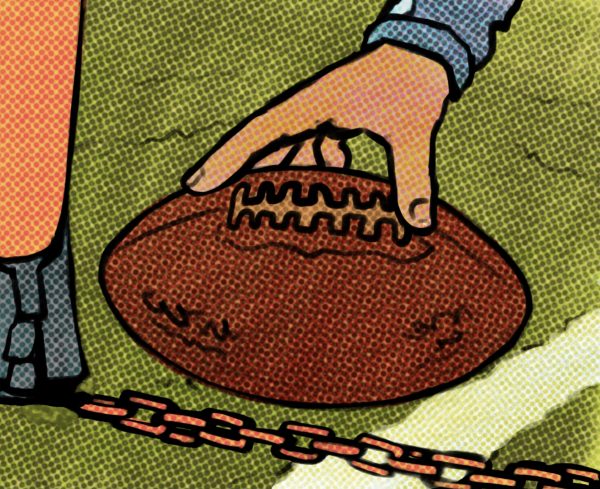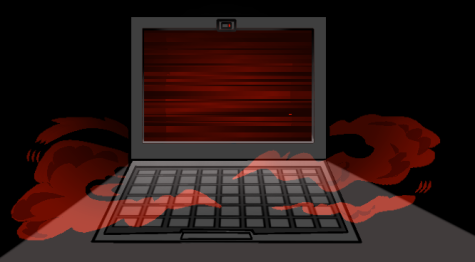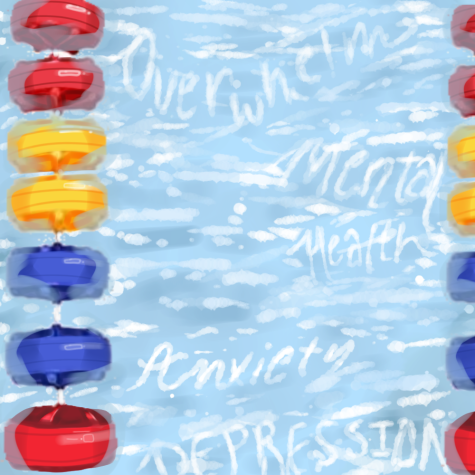The Message is Influenced by the Messenger
Artists create the soundtrack to our lives. A song can embody memory or a moment in time. Because musicians exert a certain power over our lives, we hold them deeply in our hearts and treat them as an idealistic divinity that can do no wrong. Can one suddenly say: “That’s it. I will never listen to you again?”
Early in 2020, I discovered the music of Alexander O’Connor, stage name Rex Orange County, and he quickly became one of my top 10 artists. I resonated with his music and listened to him daily. Shortly after I discovered O’Connor, a British tabloid reported that he was accused of six counts of inappropriately touching a woman in London and was awaiting a trial set for this past January. I found myself forced to question whether listening to the music I loved conflicted with my morals.
This situation forced me to discover that I couldn’t separate his character from his art. Beyond my moral reasons for separating myself, I found that his music didn’t resonate with me like it once had. It seemed tainted now, dirty, and I couldn’t enjoy his songs anymore.
Shortly after The Sun published the allegations, O’Connor posted a statement on Instagram denying any accounts of sexual assault and reporting that the case will not proceed to trial due to insufficient evidence.
Although this announcement may have been an excuse for listeners to re-incorporate him to their playlists and finally share their Spotify Wrapped without shame of him being one of their top artists, he will still remain out of my playlists. To me, listening to him still feels like I am supporting an abuser, and I refuse to take his word as law. The woman that announced these allegations has yet to speak her truth in a public forum like O’Connor has. Until I have the full story, I will continue to boycott Rex Orange County’s music.
It’s hard to imagine a world without the voices of my favorite artists serenading me as I drive or dragging me out of sleep in my math class. There is nothing stopping me from overlooking their actions and continuing to listen to their music, except for my own moral high ground.
I refuse to give in — I can’t remove an artist from their art.
When an artist acts against my moral code, it translates to their music and makes it impossible for me to separate the two. My mind refuses to grapple with the fact that I am rewarding an abuser. It’s hard to ignore the truth: not only am I contributing to a musician’s wealth when I listen to their music, but I am also contributing to a system that continuously excuses the actions of abusers. If I were to listen to their music, I am inherently saying that I can ignore their indiscretions for my benefit, which is something I can’t do.
Recently, rapper Kanye West, also known as Ye, made headlines for his hate speech and harmful behavior. In a span of months, Ye has threatened an entire demographic and initiated a wave of anti-semitism. He posted various religious attacks on Twitter such as, “I like Hitler,” and “I’m a bit sleepy tonight but when I wake up I’m going Death con 3 on JEWISH PEOPLE.”
The notorious rapper replaced his reputation of artistry and respect with one of uncertainty and disgrace. As a member of the Jewish community, his words have not been taken with a grain of salt. I have never in my lifetime seen such an influx of anti-semitism. With an army of followers taking his words to heart and using them as permission to carry out his threats, I am fearful of what it now means to be a proud Jew.
I was never a fan of Ye, so I can’t say my decision to abstain from his music is a great loss, though it did again provoke the question: can you continue to support the art, even if you don’t support the artist? Pali students have mixed opinions on this issue.
Sophomore Chloe Krasnow-Lahita said: “I was a Kanye fan. My mom was a Kanye fan. We’re Jewish. And it’s not that hard to cut them out of our playlists. It’s really not hard. I haven’t listened to him for a while. And it’s not that big of a deal.”
Some students feel differently about how Ye’s actions have affected their consumption of his music. Sophomore Lilli Fox said that even after Ye’s rampage of hate speech, he is still her number one artist on Spotify.
“I honestly wish I could stop, but his actions have never influenced his music for me,” she said. “I can’t say I agree with his actions or support his behavior in any way shape or form, but he still makes good music.”
Both students make valid points. However, Ye has hurt so many people and prompted others to follow his lead. I can’t find any justification to listen to his music. He is only able to have such widespread influence because of his social standing and fame, obtained through his art. By continuing to listen to his music, you sustain both of these factors.
In general, the question of separating the art from the artist is complex. As you peel back the layers underneath the simple inquiry, it’s easy to find explanations for others actions, and even your own. But at its core you find what you stand for, and what you will truly tolerate. I find that I can’t separate the art from the creator; they are intertwined, and I can’t see it any other way.

Kylie Lupescu, a junior, is returning to the Tideline staff. Kylie has always been passionate about writing and educating others about important issues....
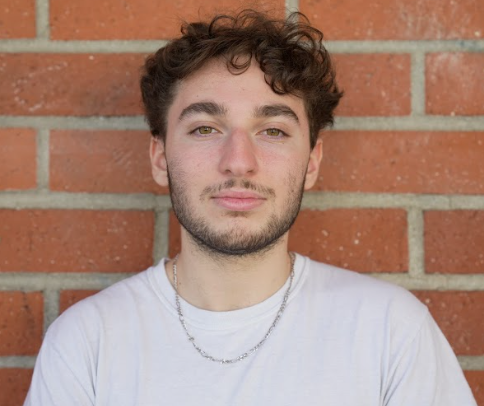
Jonah Bahari, a senior, is returning to Pali’s Journalism program for his third and final year. He is ecstatic to serve as the head of the graphics department...


